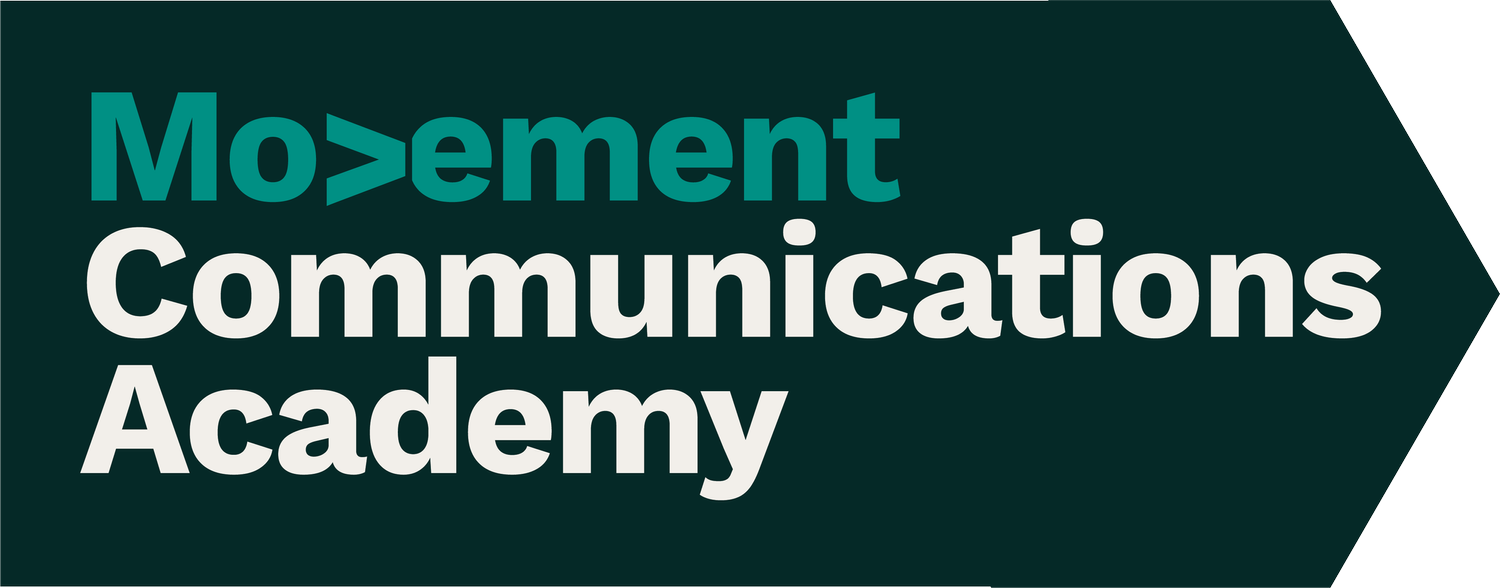Learning on the job
13 fundamental classes for policy and advocacy communications
In January 2015, I was a month into my role as the communications director for Basic Rights Oregon (BRO), the state’s LGBTQ advocacy and policy nonprofit. BRO had just capped off a monumental year, winning the freedom to marry for Oregon couples and transgender-inclusive health care within the state’s Medicaid program.
Founded in 1996 to defend against anti-LGBTQ ballot measures, Basic Rights Oregon became one of the state’s most formidable policy and advocacy organizations.
I joined a seasoned staff, volunteers, and consultants preparing for a six-month legislative session where BRO sought to pass a ban on conversion therapy. This was the dangerous and discredited religious practice that tried to change a person’s sexual orientation or suppress a person’s gender identity or expression.
I was a long-time volunteer for Basic Rights, participating in annual lobby days and fundraising committees. I even produced a newsletter when organizations printed and mailed them. When I joined the staff, I had more than two decades of communications experience behind me in various roles in Chicago, Los Angeles, and Portland. I was skilled at managing the media, drafting speeches and messaging, and creating quality content quickly for websites, fact sheets, and more.
Despite my professional experience, I had to learn many skills on the job.
First and foremost, policy communications is unique and fast-paced. From preparing hearings and floor votes to writing testimony, drafting and programming advocacy and fundraising emails into our CRM, drafting floor letters, and planning the bill signing event, I had to level up quickly. I learned from the nonprofit’s historical files and years of success and felt comfortable asking questions, even when it annoyed my colleagues. Eventually, I became proficient at the role.
My experience at BRO inspired this Academy because delivering a robust communications program is essential to advancing policy and advocacy. Yet, when communications professionals are forced to develop skills and learn on the job in the middle of a legislative session, it makes it harder to be effective and pass policies.
With adequate training and support, we can help nonprofit communicators be bold, take risks, and overcome imposter syndrome.
My colleague, Megen Ickler, worked for state legislators and the former speaker of the house. Together, we developed a curriculum for the 13 fundamental classes that every nonprofit communicator working in policy and advocacy should have to be effective. With the help of guest trainers and speakers, we are determined to prepare today’s communicators for the work ahead.
Applications for the 2025 Fundamentals Academy are now open. Learn more here.
Diane Goodwin is a principal at Movement Communications Academy, a communications training and consultancy.
